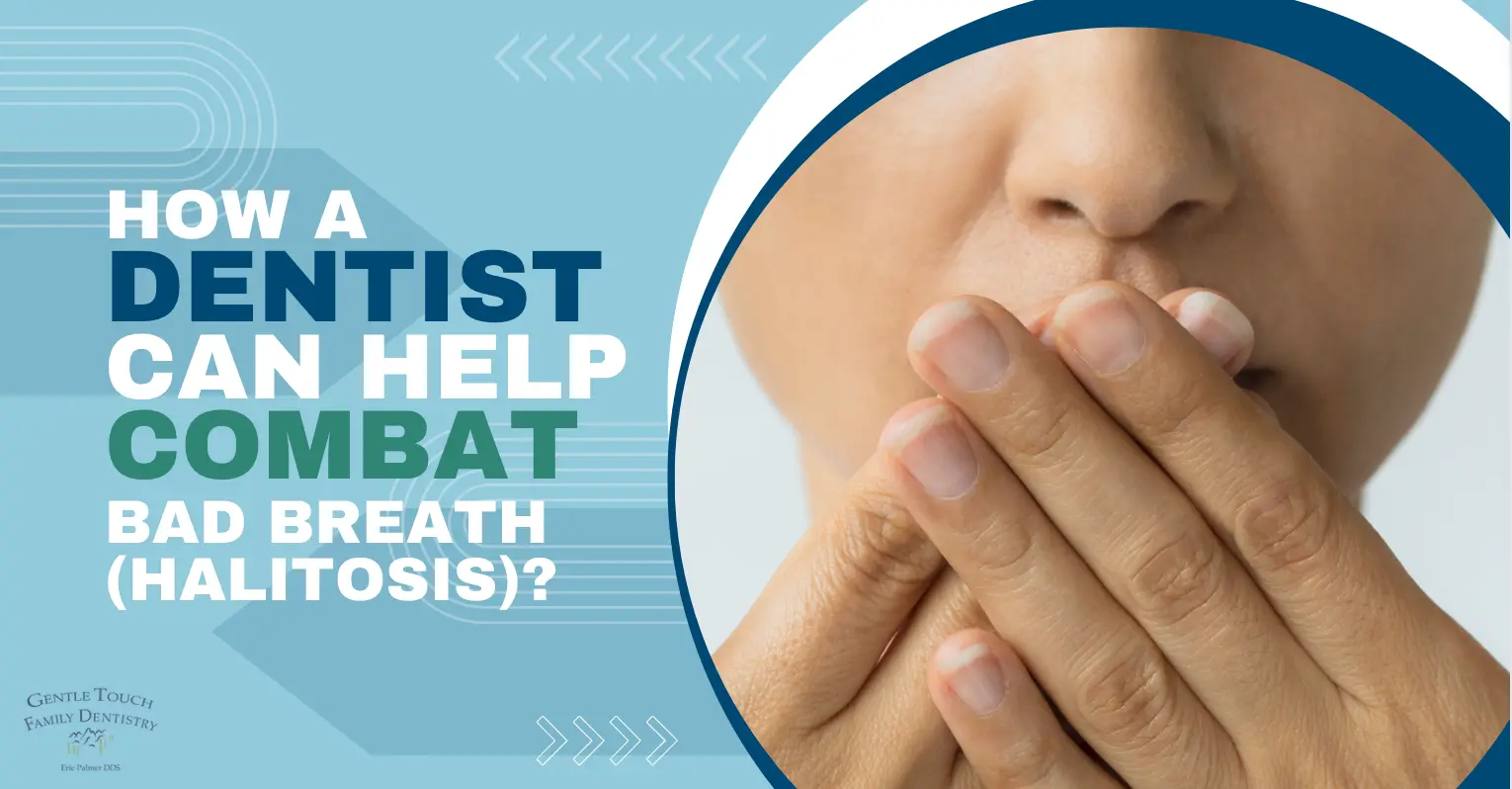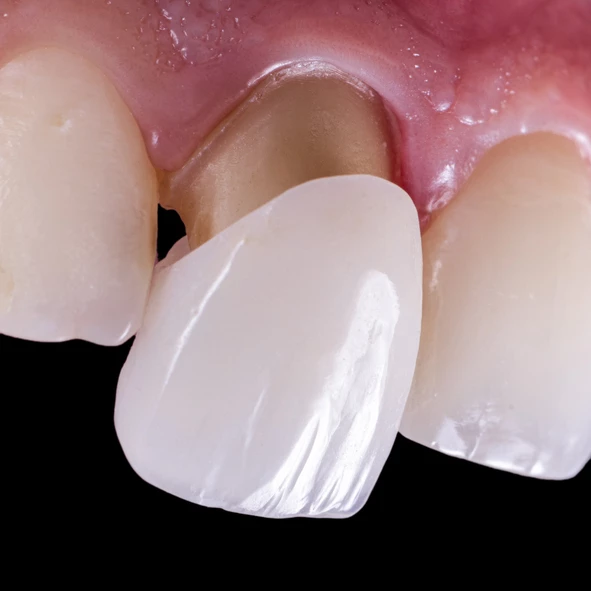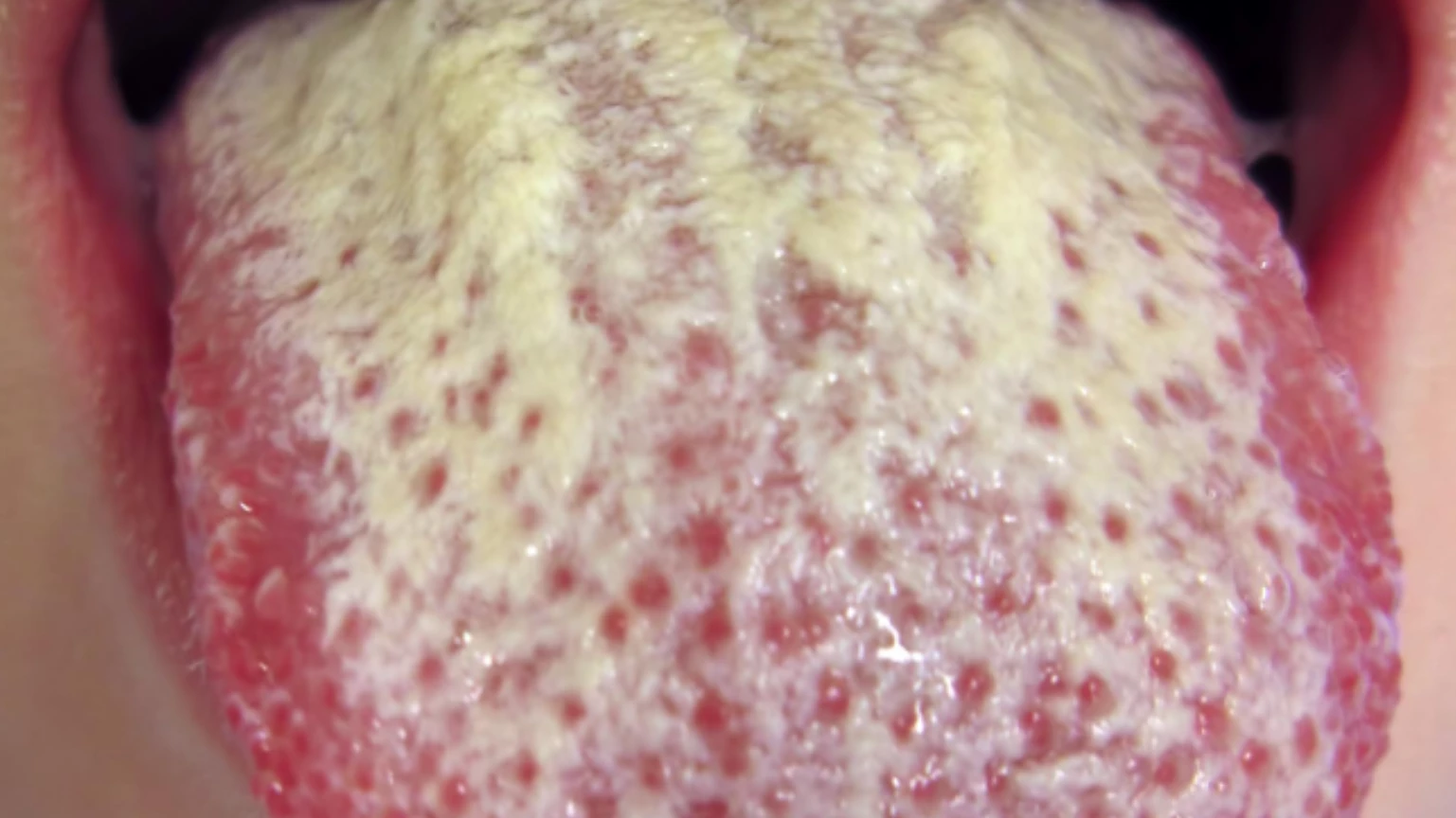
Halitosis, or plain old bad breath, is a common concern affecting millions worldwide. It’s more than just an embarrassing condition; it can impact social interactions and self-confidence.
Fortunately, a dentist can play a crucial role in diagnosing and treating this condition. In this blog, we’ll explore the causes of halitosis, how a dentist can help, and some effective home remedies and oral hygiene tips.
What Causes Halitosis And How To Treat It?
 Halitosis is often the result of poor dental hygiene, but it can also be a sign of underlying health issues. Food particles in the mouth can decay, producing an unpleasant odor. Inferior oral hygiene leads to the buildup of plaque, which harbors odor-causing bacteria.
Halitosis is often the result of poor dental hygiene, but it can also be a sign of underlying health issues. Food particles in the mouth can decay, producing an unpleasant odor. Inferior oral hygiene leads to the buildup of plaque, which harbors odor-causing bacteria.
Other causes include the following:
- dry mouth
- tobacco use
- certain foods
- medical conditions (sinus infections, gastric reflux, or liver and kidney problems)
Treatment for bad breath starts with a thorough dental examination. Your dentist can identify any oral health related issues contributing to the problem, such as gum disease or cavities. Professional cleaning can remove plaque and tartar buildup, significantly reducing odor. If your bad breath is due to an unseen medical condition, your dentist may refer you to a physician for further treatment.
Can A Dentist Cure Chronic Bad Breath?
Chronic bad breath is a persistent condition that can be challenging to treat. While a dentist may not always be able to ‘cure’ it, they can significantly mitigate its effects and address its root causes.
After ruling out dental issues, your dentist might suggest special toothpastes or mouthwashes designed to neutralize odor-causing bacteria. In some cases, managing dry mouth through hydration or saliva substitutes can also be effective.
Your dentist might collaborate with other healthcare professionals if they suspect a non-dental cause. This multidisciplinary approach addresses all potential causes of chronic bad breath, providing comprehensive treatment.
What Oral Hygiene Tips Prevent Bad Breath?
 Oral hygiene is a cornerstone in the battle against bad breath, and several key practices beyond basic brushing and flossing can make a significant difference. Using fluoride toothpaste is essential as it helps prevent tooth decay, which can be a source of bad breath.
Oral hygiene is a cornerstone in the battle against bad breath, and several key practices beyond basic brushing and flossing can make a significant difference. Using fluoride toothpaste is essential as it helps prevent tooth decay, which can be a source of bad breath.
Flossing removes food particles and plaque between teeth that a toothbrush can’t reach, reducing the likelihood of odor-causing bacteria thriving in your mouth.
Brushing your tongue is an often overlooked aspect of oral hygiene. The tongue’s surface can harbor bacteria and food particles, contributing to bad breath. Using a tongue scraper or the bristles of your toothbrush to clean the tongue gently can remove these odor-causing elements effectively.
The importance of regular dental check-ups cannot be overstated. These visits allow your dentist to monitor your oral health and quickly address any issues, such as gum disease or dental caries, which can contribute to bad breath. They also provide an opportunity for professional cleaning, which can remove plaque and tartar buildup more effectively than at-home brushing and flossing.
Your choice of toothbrush and mouthwash also plays a role. Replacing your toothbrush every three to four months ensures its effectiveness. Antibacterial mouthwashes can help reduce the overall bacterial load in your mouth, further aiding in controlling bad breath.
Dietary choices also have a direct impact on oral health and breath freshness. Foods with strong odors, such as garlic and onions, can contribute to bad breath. Moreover, coffee and alcohol can lead to a dry mouth, exacerbating bad breath, as saliva is critical in washing away food particles and bacteria. Ensuring you are well-hydrated aids in maintaining adequate saliva flow, helping to cleanse your mouth and reduce bad breath naturally.
Are There Home Remedies For Halitosis?
In addition to professional dental care and good oral hygiene, certain home remedies can help combat bad breath. Natural remedies like chewing fresh parsley, mint, or fennel seeds can neutralize bad odors. Drinking green tea has also been shown to reduce bad breath due to its antibacterial properties.
Maintaining a balanced diet and avoiding tobacco products are also effective ways to prevent and reduce halitosis. Some people find that using a tongue scraper helps remove bacteria and food residue from the tongue, significantly decreasing bad breath.
In conclusion, while bad breath can be a bothersome issue, it’s often treatable with the help of a dentist. Understanding the causes of halitosis and adhering to good oral hygiene practices are key to managing this condition.
Remember, regular dental visits are crucial for maintaining good oral health and keeping bad breath at bay. Home remedies can complement professional treatment, offering additional relief and freshness.
By combining professional care with good habits and natural remedies, you can say goodbye to bad breath and hello to fresh, confident smiles.
Why Gentle Touch Family Dentistry is Your Best Choice for Combating Halitosis
 At Gentle Touch Family Dentistry, we understand the impact of halitosis on your life. That’s why we are committed to providing personalized, comprehensive care to address this condition. Our team of skilled professionals uses the latest in dental technology and techniques to diagnose and treat the causes of bad breath, ensuring that you receive the most effective care.
At Gentle Touch Family Dentistry, we understand the impact of halitosis on your life. That’s why we are committed to providing personalized, comprehensive care to address this condition. Our team of skilled professionals uses the latest in dental technology and techniques to diagnose and treat the causes of bad breath, ensuring that you receive the most effective care.
Our approach is holistic and patient-centered. We believe in not just treating the symptoms but also in understanding and addressing the root causes of halitosis. Our dentists are experienced in identifying oral health issues that could contribute to bad breath, such as gum disease or cavities, and providing appropriate treatments.
Additionally, we offer advice and products specifically designed to combat bad breath, including special toothpastes, mouthwashes, and tongue cleaners.
We also prioritize patient education, ensuring you understand the best oral hygiene practices to prevent bad breath. Our team is always available to answer any questions and provide you with the knowledge you need to maintain optimal oral health.
FAQs to Help You Understand Better
Q: How much does a consultation for bad breath cost?
A: A consultation at Gentle Touch Family Dentistry typically ranges between $50 and $100, depending on the case’s complexity.
Q: Are treatments for halitosis covered by insurance?
A: Many dental insurance plans cover treatments related to oral health, including those for halitosis. We recommend checking with your provider for specific coverage details.
Q: How often should I visit the dentist for bad breath issues?
A: We recommend regular dental check-ups every six months. If you’re experiencing persistent bad breath, schedule more frequent visits.
Q: Can lifestyle changes help with bad breath?
A: Absolutely. Lifestyle changes, including improved oral hygiene, dietary adjustments, and quitting smoking, can significantly improve bad breath.
Your Fresh Breath Starts Here!
At Gentle Touch Family Dentistry, we are dedicated to helping you achieve and maintain fresh breath and excellent oral health. Our team of experts is ready to provide you with the care and support you need. Don’t let halitosis affect your confidence and quality of life any longer.
Contact us today to schedule your consultation and take the first step towards a fresher, healthier smile. Remember, a fresh breath and a healthy mouth are just an appointment away!



